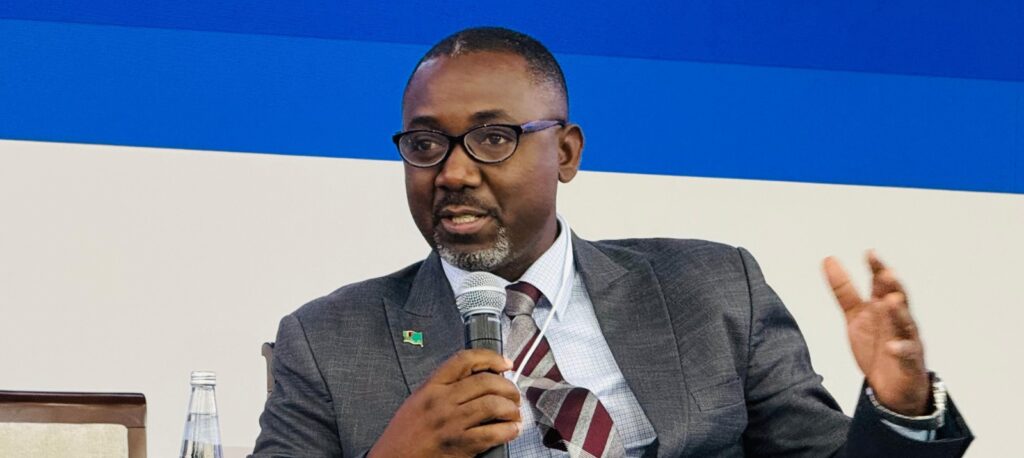Zambia has awarded 93 refugees the UNESCO Qualifications Passport (UQP), marking the highest number of recipients globally.
The UQP provides a standardized assessment of an individual’s qualifications, work experience, and language skills, even when original certificates have been lost or destroyed. It enables refugees to access higher education and improve employment prospects both in Zambia and abroad.
Ministry of Education Permanent Secretary for Educational Services, Dr. Kelvin Mambwe, revealed that 53 out of the 93 refugees have since been granted access to higher education in public universities across the country.
Dr. Mambwe stated that the UNESCO Qualifications Passport has contributed to building a more inclusive higher education system in Zambia, aligning with the revised Zambia Qualifications Act, which mandates the Zambia Qualifications Authority (ZAQA) to develop policies that ensure the success of the initiative.
“Zambia’s experience demonstrates the importance of adaptable policies in sustaining education and strengthening resilience amid challenges such as displacement and climate change,” he emphasized.
Dr. Mambwe was speaking at a side event titled “Higher Education in Emergencies: Unlocking Potential and Rebuilding Futures” on the sidelines of the 43rd Session of the UNESCO General Conference in Samarkand, Uzbekistan.
He noted that the UQP has strengthened the national skills base, promoted social inclusion, and empowered individuals to become self-reliant contributors to economic development while fostering lifelong learning.
And UNESCO Assistant Director-General for Education, Stefania Giannini, applauded Zambia’s leadership in implementing the project, describing higher education in emergencies as essential for sustainable recovery and peace-building.
Launched in 2019 at the Meheba Refugee Settlement, Zambia was the first country outside Europe to pilot the UQP. The program was implemented through the Ministry of Education, the Ministry of Home Affairs and Internal Security, and the Zambia Qualifications Authority, in collaboration with UNESCO, the United Nations High Commissioner for Refugees (UNHCR), and the Norwegian Agency for Quality Assurance in Education.
This is according to a statement issued by First Secretary (Press), Embassy of the Republic of Zambia in Paris, Naomi Mweemba.



